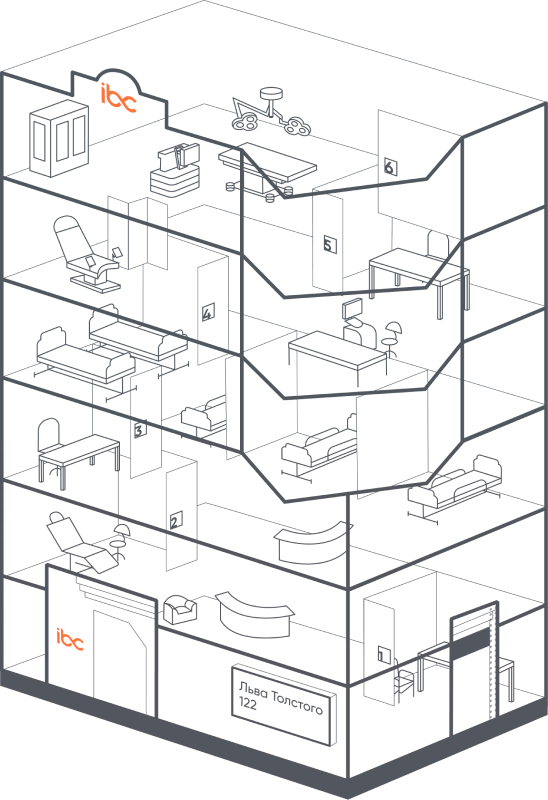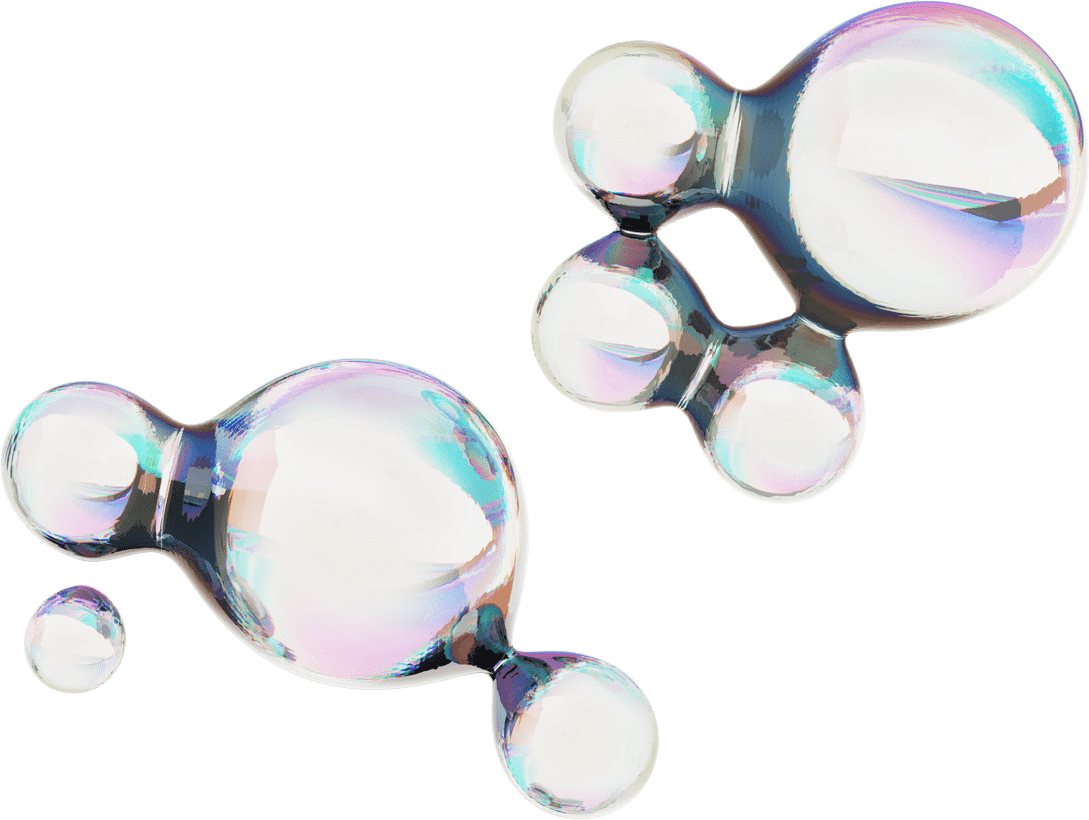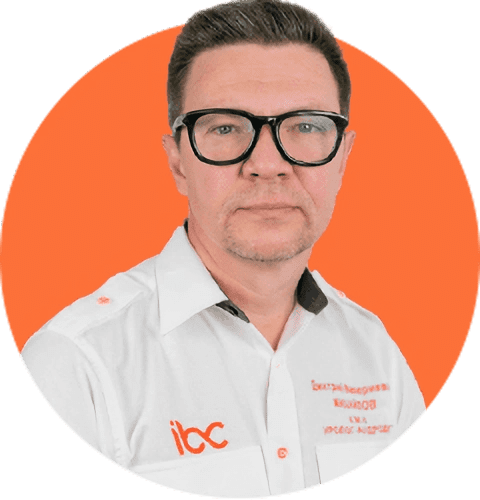Infertility treatment
infertility treatments
We can offer an integrative and comprehensive approach in the examination of infertility and preparation for pregnancy, individual support throughout all stages of treatment with ART methods and the selection of a treatment regimen just for you. You can count on a caring attitude to safely achieve the result - a long-awaited pregnancy
Team
Show allPossibilities
- Verkhovnikova Tatyana Sergeevna
- Baranova Yulia Mikhailovna
Registration for “Comprehensive appointment with a reproductive specialist with ultrasound"
- Verkhovnikova Tatyana Sergeevna
- Baranova Yulia Mikhailovna
Sign up for "Consultation of a Reproductologist"
Sign up for "Consultation of an andrologist"
Sign up for "Laboratory Tests"
Sign up for "Folliculometry"
Recording on “Checking the patency of the fallopian tubes (UZGSS)"
Entry on “Endometrial aspiration biopsy”
Sign up for hysteroscopy
Sign up for Laparoscopy
Enrollment for “ERA® test to determine the level of endometrial receptivity"
Entry on “Cultural Study of the Vaginal Microbiota”
Registration for “Comprehensive female check-up"
Sign up for "Laboratory Tests"
Sign up for "Spermogram"
Entry on “Sperm DNA Fragmentation Test”
Registration for "MAR test"
Mature spermatozoa have a low percentage of genetic abnormalities, they usually differ in the correct morphology and sufficient activity. They are able to fertilize the egg, ensure the production of high-quality embryos and the birth of healthy offspring.
Signing up for the "HBA-test"
Entry on “Cultural study of the secretion of the prostate gland”
Registration for “Comprehensive male check-up"
In Vitro Fertilization (IVF) - This is a method of infertility treatment, in which the fertilization of eggs occurs outside the human body in the laboratory, followed by the transfer of the embryo into the uterine cavity.
IVF is indicated in the following cases:
- previous infertility treatment for 12 months for women under 35 years of age or for 6 months for women 35 years of age or older was ineffective;
- in conditions where the effectiveness of infertility treatment when using the IVF program is higher than when using other methods (tubal-peritoneal factor, severe male factor);
- with hereditary diseases, the prevention of which requires preimplantation genetic testing (hereinafter referred to as PGT), regardless of fertility status;
- with sexual dysfunction that prevents the performance of sexual intercourse (with the ineffectiveness of AI).
IVF treatment consists of several stages.
Eco Stages:
- Stimulation of superovulation
- Transvaginal follicle puncture
- Fertilization
- PGT
- Embryo transfer
- Embryo cryopreservation
- Pregnancy diagnostics
Registration for "Standard IVF"
In a programme IVF in the natural cycle Unlike "classic" IVF, hormonal stimulation of ovulation is not used.
Registration for “IVF in natural cycle”
Procedure ICSI (ICSI - Intra Cytoplasmic Sperm Injection) involves the introduction (intracytoplasmic injection) of a spermatozoon into the cytoplasm of the egg and is carried out mainly with a reduced concentration or motility of spermatozoa. This method of infertility treatment belongs to assisted reproductive technologies and is one of the stages of IVF (optional).
Registration for "IVF + ICSI"
Laparoscopy - a low-traumatic surgical intervention, during which endoscopic equipment equipped with a miniature video camera is used.
At the same time, laparoscopy can be diagnostic for the most reliable test of the patency of the fallopian tubes, the identification of adhesions and foci of endometriosis, that is, the causes of unclear infertility.
If a pathology is detected, it can be corrected immediately: restoration of patency of the fallopian tubes (if possible), removal of hydro- and sactosalpinx, removal of ovarian neoplasms, ovarian drilling in PCOS, removal of fibroids, dissection of small pelvic adhesions and cauterization of endometriosis foci, reconstructive surgery for congenital anomalies uterus and appendages.
Sign up for "Operative Treatment"
For this, drugs such as gonadotropins, menotropins or Climifene citrate are used. Appointments are made by a reproductologist at the beginning of the menstrual cycle for several days. It is necessary to carry out folliculometry to control the growth of no more than 2 follicles and monitor ovulation.
Sign up for "Ovulation Induction"
Intrauterine insemination (IUI) or Artificial insemination (AI) is carried out by introducing laboratory-processed sperm into the cervical canal and into the uterine cavity during the periovulatory period. The procedure can be performed both in the natural menstrual cycle and with the use of ovulation induction. A prerequisite for the use of AI is the presence of at least one functionally complete fallopian tube.
The indications for this procedure are:
- Ejaculatory-sexual disorders in a partner;
- ovulation disorder;
- Infertility of cervical origin;
- subfertile sperm;
- Vaginismus.
Entry on “Intrauterine insemination (IUI)"
Indications for insemination with donor sperm (ISD) are:
- The absence of a woman's sexual partner;
- The presence of a man's hereditary diseases with an unfavorable medical and genetic prognosis;
- Infertility of cervical origin;
- Partner azoospermia.
Entry on “Insemination with donor sperm (ISD)"
Prenatal genetic testing is a procedure that allows you to identify chromosomal abnormalities of an embryo obtained by IVF even before transfer to the uterine cavity. Thus, the chances of pregnancy and the birth of a healthy child are significantly increased, because only genetically complete and viable embryos are transferred to the uterus with a minimal risk of developing anomalies. And this, in turn, reduces the number of IVF cycles, reduces the risk of spontaneous abortions and miscarriage.
In addition, PGT is the only method for preventing the transmission of monogenic diseases in the family (cystic fibrosis, phenylketonuria, spinal muscular atrophy, and others) in cases where both parents carry the defective gene.
Indications for PGT:
- carriage by parents of chromosomal and genetic diseases;
- cases of genetic abnormalities in a fetus or a born child were found in the family;
- miscarriage (more than two miscarriages);
- repeated unsuccessful IVF attempts;
- the woman's age is over 35;
- male factor of infertility associated with severe disorders of spermatogenesis.
Procedure technique:
The most common in modern practice is an embryo biopsy on the fifth day of development. At this point, the embryo is in the blastocyst stage, which consists of two types of cells: the intracellular mass and the trophectoderm. Subsequently, the trophectoderm is involved in the formation of the placenta, and the intracellular mass is involved in the formation of the fetus. During the biopsy, the embryologist takes about 4-8 trophectoderm cells with the help of microinstruments. This significantly reduces the risk of damage to the embryo, obtaining false positive and false negative results of the study, ensures the safety of the procedure and increases the accuracy of diagnosis.
The embryo itself is frozen and stored in liquid nitrogen until the results are obtained, the biopsy is also frozen and sent for diagnosis.
Trophectoderm cells are analyzed by geneticists in a specialized genetic laboratory for the presence of chromosomal abnormalities or monogenic diseases when indicated. For each embryo, the geneticist gives a conclusion, on the basis of which the reproductologist, together with the patients, can decide on the choice of an embryo for transfer.
Sign up for "Prenatal Genetic Testing"
If patients have excellent and good quality embryos after transfer, they will be recommended to be cryopreserved for future use. There is no danger to the embryo itself and the health of future children.
Currently, such a method of cryopreservation of oocytes and embryos as vitrification is used. It allows you to have high results in subsequent cryoprotocols. The period of storage of embryos is not physically limited, there are known cases of pregnancy in the world after storing embryos for 25 years! Embryos are stored in liquid nitrogen tanks under the strict supervision of our embryologists.
Subsequently, the embryo can be transferred to the expectant mother without additional stimulation of ovulation in a natural cycle or in a hormone replacement cycle with minimal doses of estrogens.
Entry on “Vitrification of embryos"
Sign up for “Thawed Embryo Transfer”
Entry on “Oocyte Vitrification”
Registration for Surrogacy
Registration for “Plasmapheresis according to the IBC protocol"
Enrollment on “Program with donor oocytes”
Enrollment for “Donor Embryo Program”
Enrollment on “Program with donor sperm”
Entry on “Plasmotherapy iPRP endometrium"
Entry on “Plasmotherapy iPRP Ovarian”
Entry on “Biotechnological treatment of thin endometrium”
Entry on “Biotechnological treatment of ectopia (erosion) of the cervix”
Entry on “Creating a Customized Vaginal Probiotic”
Answering important questions
1. Write down all the questions in advance so that you don’t forget anything at the reception
2. Bring statements after operations, examinations and treatments
3. Trust the doctors, because they have helped thousands of babies to be born
The reproductive age of a woman ends at 44 years according to WHO. It is important to contact a specialist in time to assess the ovarian reserve, we recommend dealing with this issue until the age of 35 in order to increase the likelihood of having a healthy baby
With the age of a woman, such risks increase, but we have a technique that helps to find out the genetics of the embryo before attaching to the uterine cavity. Our task is to minimize the risks of having a child with pathologies, so we recommend not to skip the PGT procedure during IVF treatment
Yes, you can get pregnant with menopause using donor eggs.
The most painful stage of IVF is transvaginal puncture (egg collection), it takes place under general anesthesia and lasts 15-20 minutes.
If pregnancy does not occur, then you need to go to a reproductive specialist who will prescribe an in-depth examination, as well as an examination of your spouse.
Expertise in matters of reproduction (high statistics of successful cycles of reproductive doctors), multiplied by biotechnological developments of the Clinic's research staff (endometrial enlargement, ovarian rejuvenation), highlights the direction of IBC ART among other institutions that solve the problem of infertility.
We use integrative approach in the treatment of infertility to safely achieve the result - a long-awaited pregnancy.
Comfortable, spacious, aesthetic and bright compartment created with love for our patients.






